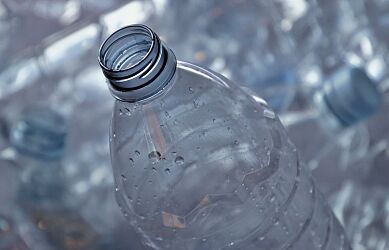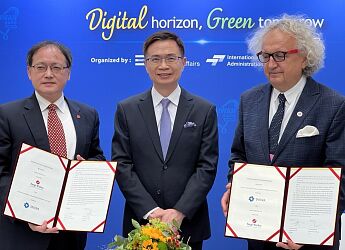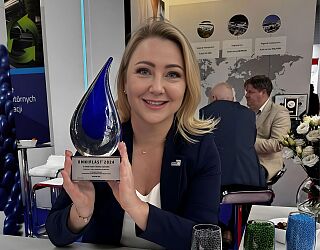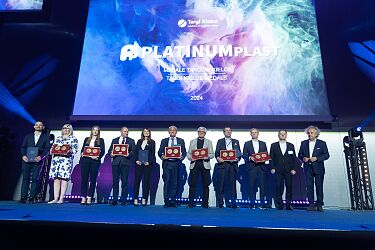News

Waste Management Cluster conference during the Plaspol Expo
The conference was hosted by Katarzyna Błachowicz, vice-president of the Waste Management Cluster, who presented instruments to support the transformation of circular economy and also emphasised the aspects of sustainable development - We must focus on many aspects, such as digitalisation, thinking about the product as a service or extending the life cycle of these products to talk about a full circular economy- she emphasised. At the same time, she pointed out the benefits resulting from the implementation of circular economy. – For the industry, this includes minimising emissions, industrial symbiosis, supporting the bio-sector. We cannot miss the benefits for the region, such as financial instruments and funds and environmental taxation, added Katarzyna Błachowicz.
According to assessments, a circular economy also means new jobs - up to 700,000 ob opening. However, we are still struggling with low levels of recycling, not only in Poland, but also throughout Europe. The ideas for achieving a high level and meeting EU standards presented by Błachowicz include a proper ROP system, investments in sorting and recycling technologies and improving the quality of regranulates and recillates.
Anna Kozera-Szałkowska, managing director of the Plastics Europe Foundation, presented data on plastics in a closed loop. The use of recyclates has increased by 70% in Europe since 2018 and amounted to 6.8 million tons. The circular plastics content in new products was 13.5% - Unfortunately, almost 25% of plastic waste ends up in landfills. There is also a disturbing tendency - plastic waste incineration which has increased by 15% since 2018. – said Anna Kozera-Szałkowska. – This is still a very common practice because chemical recycling is more expensive and less popular, and the raw material is cheap and fuel efficient. – added the managing director of the Plastics Europe Foundation.
- Nobody wants to buy "yellow" waste, for an additional fee they buy it for cementing plant incinerators - emphasised Adam Rogaliński from the City Hall in Kielce. The Director of the Department of Municipal Economy and Environment also emphasised that every commune has and will have problems with meeting EU recycling standards - Director Rogaliński backed up his statement with statistics. – In 2023, the total amount of waste in Kielce was 61,856 tons, or 350 kilograms per person a year. This is 3% less than in the previous year, but still not enough to reach the level specified by the legislator, comments Adam Rogaliński.
Kielce residents produced 40,626.18 tons of mixed waste, 3,195.4 tons of blue waste, plastics - 5,347.02 tons, glass - 3,010.96 tons, and bio waste - 7,474.88 tons.
According to Adam Rogaliński this situation is attributed to the industry that refuses want to buy plastic waste. – The industry does not want to process contaminated plastics, nobody wants to buy mixed plastic waste because it is dirty. Thus my appeal to you - asked Adam Rogaliński - system solutions should be prepared to support municipalities in selling these "less valuable raw materials" - explains the Director.
The deposit system mentioned by Konrad Nowakowski, president of the Polish Chamber of Recovery and Recycling of Packaging, will also be problematic for municipalities, as it will negatively affect the level of raw material recovery. – We need to pay attention to the regulations – said the conference participants unanimously.








